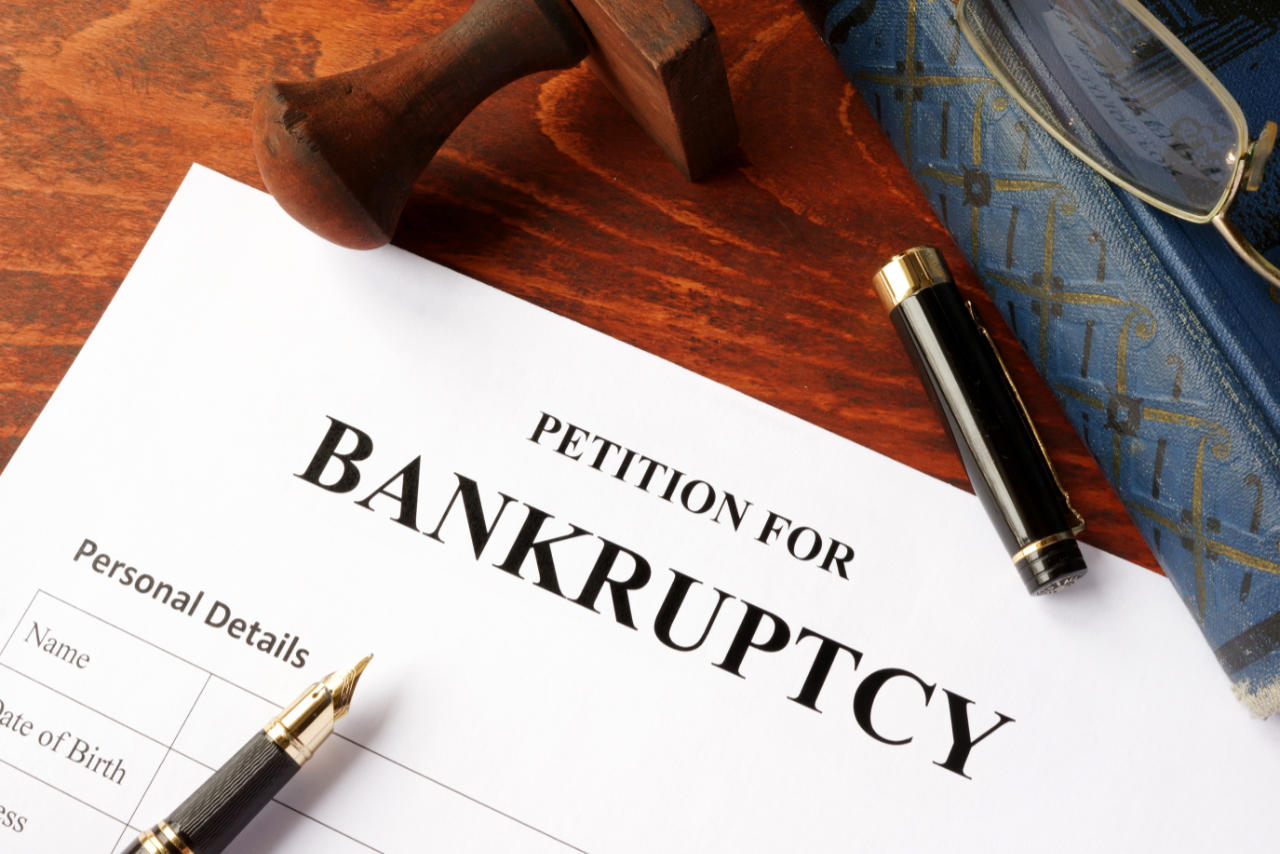In an unforgettable episode of the television show The Office, Michael Scott, after having just learned about bankruptcy, and in his typical fashion, steps into the room and dramatically shouts, “I declare bankruptcy!” to his bewildered coworkers.
If only it were that easy. Bankruptcy can provide much-needed financial relief, but securing a favorable outcome depends on completing the process correctly. Bankruptcy is a complex legal process.
The following article will demystify the bankruptcy process and give you the information you need to make the decision to take the next step to taking back control of your finances. From understanding the different types of bankruptcy to what documents you need And what to expect during the process, we’ll walk you through everything you need to know to make informed decisions and get your financial life back on track.
Get A Free Bankruptcy Evaluation Today
Call (402) 965-0775 or (308) 221-8222 or click here to submit a consultation request form now.
Get Help Now
Here are the steps you need to take to file for bankruptcy in Nebraska.
Assess Your Financial Situation
Filing bankruptcy is a big decision that you cannot take lightly. It will have serious implications for your property and your financial situation. It will also take seven to ten years to be removed from your credit report. Carefully assess your financial situation and determine there are no other options that make sense for your life.
If you determine that bankruptcy is the next logical step, you can begin preparing for the process by taking a credit counseling course.
Take a Credit Counseling Course
Before you can file bankruptcy, you must receive a certificate of completion of a credit counseling course from an entity approved by the U.S. trustee within 180 days of the date of filing your bankruptcy case or bothcourses.com and my attorney code is FRTM675. This is absolutely necessary to be eligible to receive bankruptcy relief. If you do not file bankruptcy within six months of taking the course, you will need to take another course. You can complete an online course or a local course in person.
Once you receive your certificate of completion, place it together with the rest of the documents you gather to prepare for your bankruptcy filing.
Gather Documents
Your lawyer will need to go through a lot of paperwork to prepare your bankruptcy petition, so you should start gathering everything now. If you are missing documents, you may need to contact the source and request a duplicate. Here is a brief list of the documents you will need:
- Paystubs for the past seven months
- Credit reports (included in the fee to file)
- Tax returns for the last two years
- Bank account statements for the last six months
- Credit card statements, medical bills and other billing statements
- Collection letters and foreclosure notices, if applicable
- Mortgage and car loan statements
- Valuations of real property and vehicles
- A detailed list of your property with values
- Repair estimates for damaged property
- Investment and retirement account statements
- Profit and loss statements for your business
- Valuations of valuable pieces of property you own
- Your divorce decree, if applicable
- Your driver’s license and Social Security card
- Certificate of completion for a credit counseling course
- As you proceed through the bankruptcy, you may need to supplement these documents with more recent documents. Keep up with new paycheck stubs, bank statements, and credit statements.
Get A Free Bankruptcy Evaluation Today
Call (402) 965-0775 or (308) 221-8222 or click here to submit a consultation request form now.
Get Help Now
Take the Means Test
In 2005, Congress amended the U.S. Bankruptcy Code to include the “means test.” This test evaluates a consumer’s income and expenses to determine if they qualify for Chapter 7 relief or if they have to pay something to creditors through a Chapter 13 bankruptcy.
The most straightforward way to determine if you pass the means test is to compare your income to the median household income for a household the same size as yours in Nebraska. If your income is less than that, then you pass the means test.
Even if your income is above the median income for the household the same size as yours, you may still pass the means test if you can show that you do not have enough disposable income to pay your debt.
The means test is very complex and can lead to serious issues if it is not completed correctly. A Nebraska bankruptcy lawyer can help complete this test and ensure your bankruptcy is properly filed.
Complete Bankruptcy Forms
Once your bankruptcy lawyer has all of the necessary and relevant documents, they can begin preparing your bankruptcy petition. There are dozens of documents and schedules your lawyer will prepare, including information regarding your debts, income, expenses, and property. You are required to disclose all aspects of your financial affairs. Total accuracy is critical to obtain approval from the bankruptcy court and to avoid potential issues.
Pay the Filing Fee
You will also need to submit the filing fee when you file your petition for bankruptcy. The fee is currently $338 for Chapter 7 and $313 for Chapter 13. This can be paid via a cashier’s check or a money order. If you cannot afford paying the full fee when filing Chapter 7 in Nebraska, you can ask the court to make installment payments. This allows you to get the benefit of the automatic stay that requires your creditors to stop collection efforts while giving you up to 90 days to pay the full amount. The court can waive the filing fee if the consumer makes less than 150% of the federal poverty guidelines and the judge determines they cannot afford to pay the fee in installments.
Talk to a Lawyer
As you can see, the bankruptcy process is quite complex. The steps outlined above only represent the beginning of the bankruptcy process. Nonetheless, the documents you submit at the beginning of your case can have a major impact on your bankruptcy case. It is not recommended that you complete the bankruptcy process on your own.
After your petition is filed, there will still be many additional responsibilities you will have to tend to, including requesting all exemptions you are entitled to under the law to protect your property rights, taking a second bankruptcy course that teaches how to budget and manage your finances, and attend a meeting with your creditors.
McGuire Law Offices can review your situation, advise you of your legal options, and assist you with all aspects of your bankruptcy case. You can take advantage of a free consultation with a knowledgeable Omaha bankruptcy lawyer by calling us at (402) 965-0775 or using our online contact form.



